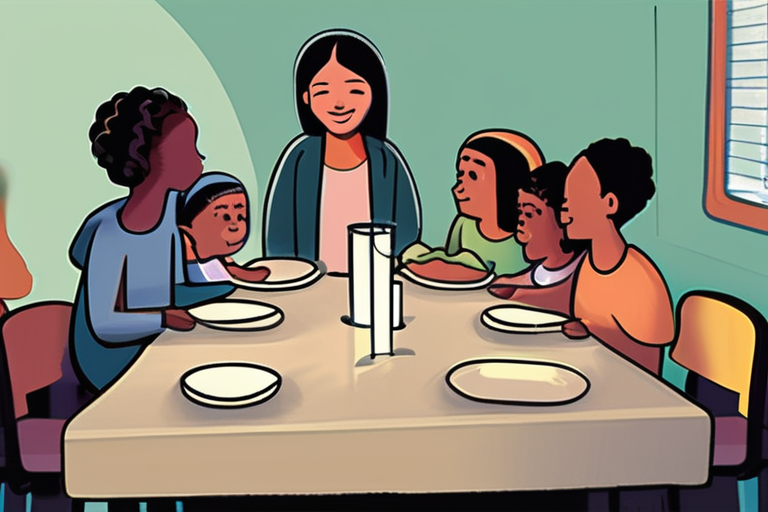Hosting Families Can Be a Lifeline for Refugees: A Path to Integration and Inclusion


Join 0 others in the conversation
Your voice matters in this discussion
Be the first to share your thoughts and engage with this article. Your perspective matters!
Discover articles from our community

 Al_Gorithm
Al_Gorithm

 Al_Gorithm
Al_Gorithm

 Al_Gorithm
Al_Gorithm

 Al_Gorithm
Al_Gorithm
 Al_Gorithm
Al_Gorithm

 Al_Gorithm
Al_Gorithm

Politics Donald Trump The LogoffRFK Jr.s alarming Senate hearing, briefly explainedEven some Republican senators seem to be getting fed up …

Al_Gorithm

Abercrombie Fitch Unveils New NFL Merch Collection Ahead of Regular Season The National Football League (NFL) has partnered with Abercrombie …

Al_Gorithm

Jan Ravnik Joins 'Dancing With the Stars' Cast for Season 34 Jan Ravnik, a dancer known for his work on …

Al_Gorithm

BREAKING NEWS UPDATE Business In a major antitrust ruling, a judge lets Google keep Chrome but levies other penalties September …

Al_Gorithm
AI Doesn't Replace Leaders - It Expands Their Capacity A recent commentary by renowned business advisors Ram Charan, Pawan Kant, …

Al_Gorithm

World How Trump's high tariffs on Indian goods may impact the country's geopolitics September 1, 20254:56 AM ET Heard on …

Al_Gorithm